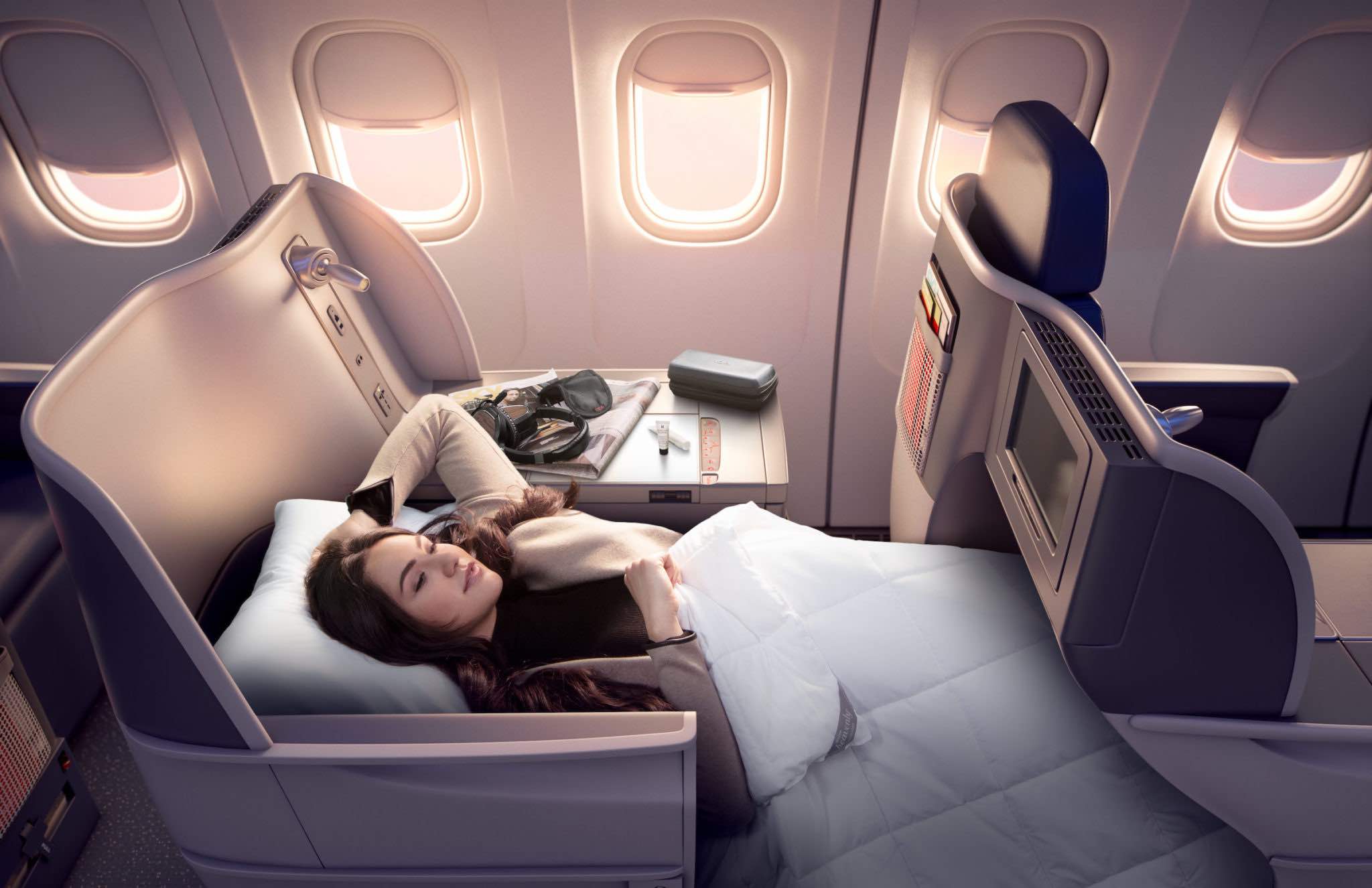Delta Air Lines Bets Its Future On The Affluent Flyer

Delta’s latest earnings call made one thing unmistakably clear: the airline is no longer pretending to be everything to everyone. It wants to be the United States’ premium carrier, and it’s building its business model around that assumption.
Executives Make Clear Delta Air Lines Isn’t Chasing Every Passenger, Just The Ones Who Pay More
It’s hardly news that Delta considers itself a premium carrier, but the recent Q3 2025 earnings call made Delta’s future ambitions unmistakably clear.
Delta’s Focus On Affluent Travelers
President Glen Hauenstein put it bluntly: “I think our exposure to a higher household income cohort has enhanced our relative position versus carriers that are catering to a more stressed, lower to middle-income environment.”
Wow.
That’s as close as you’ll get to an airline executive saying the quiet part out loud. Delta isn’t chasing every traveler: it’s targeting those who are least likely to cut back when the economy slows. The strategy is deliberate: fewer bargain seekers, more customers who value experience and can afford to pay for it.
“We continue to invest in the higher-end products, whether or not that’s opening up new Delta One lounges or check-in areas. As we continue to take delivery, they come with a higher mix of premium products. Most of our growth, if not almost all of it, will be in the premium sectors,” Hauenstein added. Those aircraft are being redesigned around premium seating ratios. Roughly 25–30% of the additional premium capacity is coming from retrofits, and the rest from new deliveries rolling straight out of the factory with more Delta One, Premium Select, and Comfort+ seats.
Premium Revenue Surging Past Main Cabin
JP Morgan’s Jamie Baker pressed for detail after Delta reported that premium revenue growth outpaced main cabin by 13%, a record gap. Hauenstein explained the shift in consumer behavior: “Once people get used to traveling in a certain product, whether it’s Comfort Plus, Delta Premium Select, or Delta One, they tend not to go back. Their retention rates are in the mid-80%.”
And speaking from personal experience, he’s exactly right…
He compared the psychology to buying a better car: you don’t revert to something worse once you’ve upgraded. That’s the same principle driving Delta’s long-term premiumization. Customers who try premium experiences keep coming back, and those retention metrics give Delta recurring high-yield revenue. Hauenstein added that Delta isn’t at the “end state” yet, as the distribution and sales systems still have more room to expose those products across booking channels.
He also tied the shift to geography. Delta has poured money into coastal hubs like Los Angeles, Seattle, Boston, and New York, “where a considerable amount of premium lives,” as he put it. That concentration of affluent markets supports the company’s strongest pricing power. “Corporate travel is our bread and butter. We are the very best at it. Corporate travel is premium.”
Corporate Meets High-Yield Leisure
When Baker asked what portion of premium revenue comes from corporate versus leisure, Hauenstein estimated 30–40% from corporate accounts, with the rest high-yield leisure. In some cases, he said, “personal leisure is higher than corporate these days.” That overlap gives Delta the flexibility to manage yield without being overly dependent on one customer type. The problem, ironically, is that some routes now run out of premium inventory for corporate travelers because those seats are being snapped up by individuals willing to pay higher fares out of pocket.
Main Cabin, by contrast, has stagnated. Seat counts are “relatively flat,” Hauenstein said, as Delta trims capacity in competitive hubs and leans into yield management (a process called “rationalization” in the airline industry). The goal is not volume, it’s margin.
CONCLUSION
Delta’s messaging this quarter was unmistakable: the airline sees its future in premium travel and I’ve never seen it expressed so clearly. From aircraft design to lounge openings to route structure, every investment now points toward the top of the market. It’s not chasing passengers who want the cheapest ticket; it’s catering to those who never stopped paying for comfort.
When asked if premium revenue might surpass main cabin as soon as next year, Hauenstein didn’t hesitate: “I think you will.” For Delta, the premium era isn’t coming, it’s already here, but will continue to be the focus. Delta is staking its future on that.
image: Delta